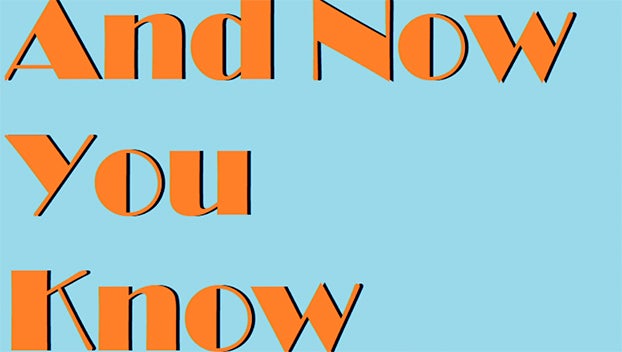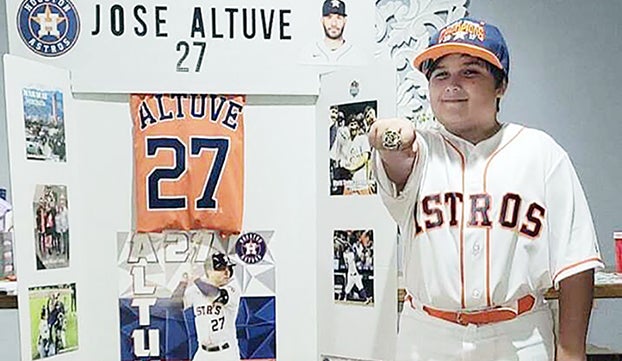Editorial: Mental Illness Stigma
Published 8:27 am Thursday, September 17, 2015
By Daniel J. Vance MS, LPCC
You’ve heard these cutting words before.
I planned a long time ago writing a column on the way many less than perfect humans refer to less than perfect humans with mental illness, and the way we less than perfect humans have let certain words creep into our collective vocabulary, but had held off writing until an incident recently.
Many people with mental illness have a real, legally disabling condition, especially those having tough times managing what mental health professionals call borderline personality disorder or different forms of schizophrenia, bipolar disorder or major depressive disorder. Also, some of you have post-traumatic stress disorder from serving in a war zone or you were raped or sexually abused.
If you’ve ever known someone experiencing regular, deep bouts with major depression, for example, or you are that person, you know how disabling a mental illness can be. Some of you hide your inner turmoil pretty well.
As for that incident mentioned above: I heard the word “schizophrenic” used in a video in which an actor was calling another actor “schizophrenic” who had contradictory attitudes towards a particular life situation. What they were talking about wasn’t schizophrenia at all. Not even close.
That’s only the tip of the iceberg. One of the most hurtful things anyone can say is calling a person with a mental illness nuts, a nutjob, nutcase or a nutbar.
Often times nonverbal communication gets in on the act, too. Have you ever spun your index finger around in circles next to your ear to refer to a person as mentally ill, as if the person with a mental illness were all mixed up inside?
Some other words I’ve heard are whack job, bonkers, mental, schizo, cuckoo, psych case, crackers, brain dead, whacko, and off your rocker. The words I dislike most are crazy and loony tunes.
If you are reading now and laughing loudly, perhaps you should take a deep breath and consider you’re the one that may have the greater problem. Do you also laugh at people with cancer? People with a mental illness seldom have any say in what happens to them.
As a mental health professional, I’m developing every year a greater appreciation for people with severe, disabling mental illnesses. The inner turmoil they must endure and persevere through every single minute of the day often shows great strength of character—rather than any weakness deserving a stigma.
Facebook: Disabilities by Daniel J. Vance. [Sponsored by Blue Valley Sod and Palmer Bus Service.]





